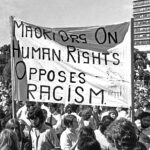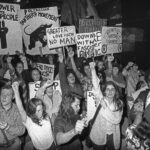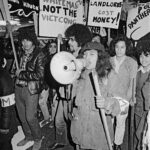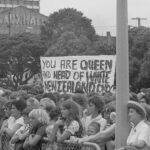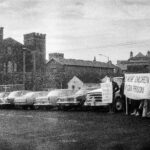Exhibition: Anti-Racism
Pervasive, Widespread and Institutionalised
Before the 1970s, many New Zealanders believed our ‘race relations’ were beyond reproach. But racism against Māori and Pacific peoples remained pervasive, widespread and institutionalised.
Photographs
JOHN M MILLER
JOHN M MILLER
JOHN M MILLER
KEITH STEWART
ACORD FOUNDATION
